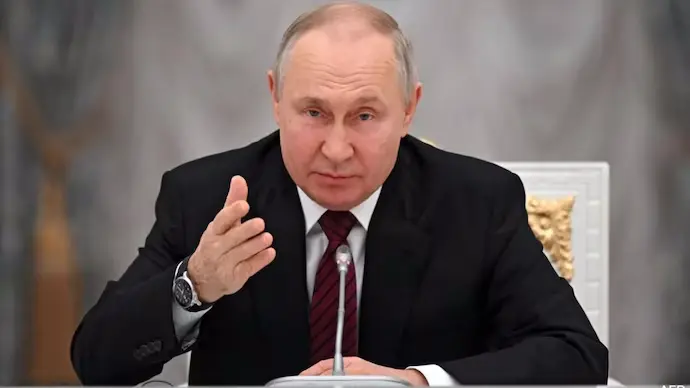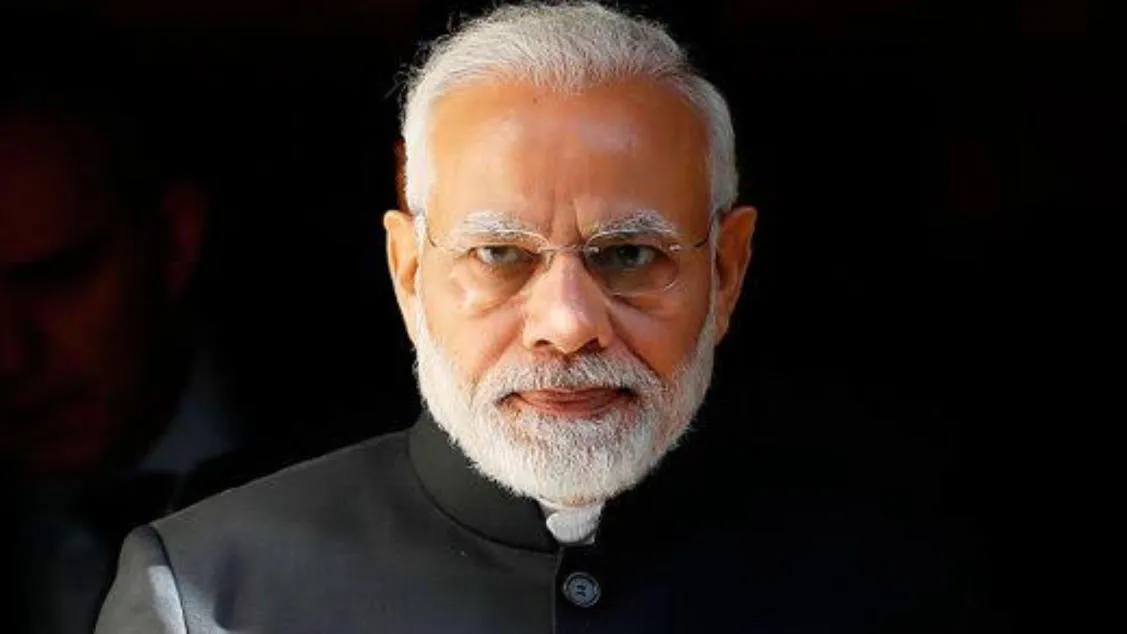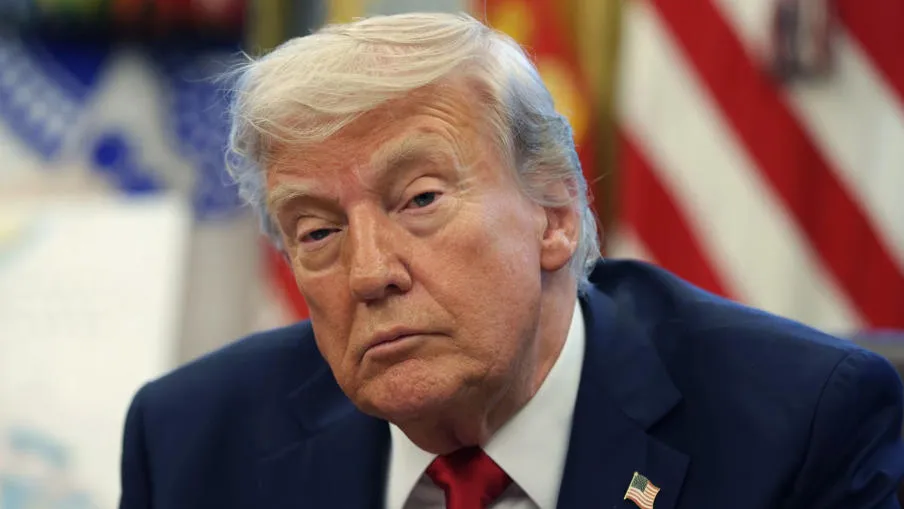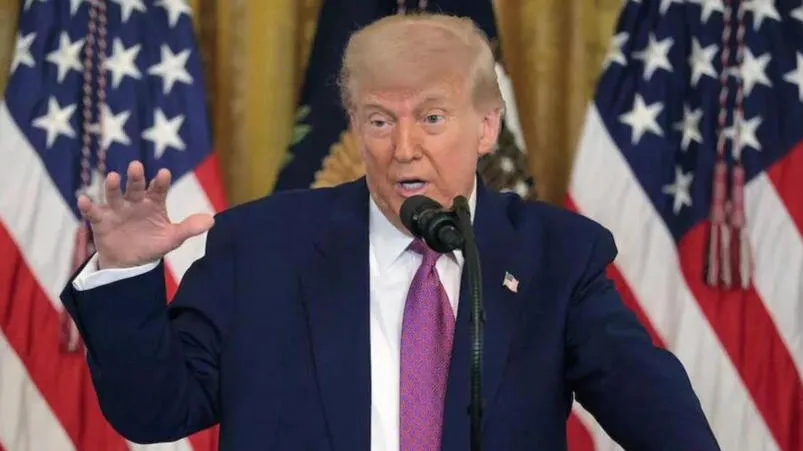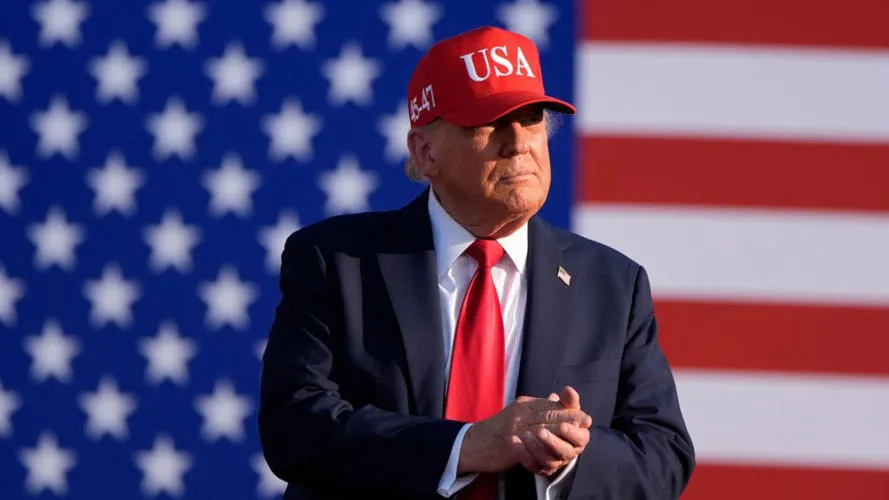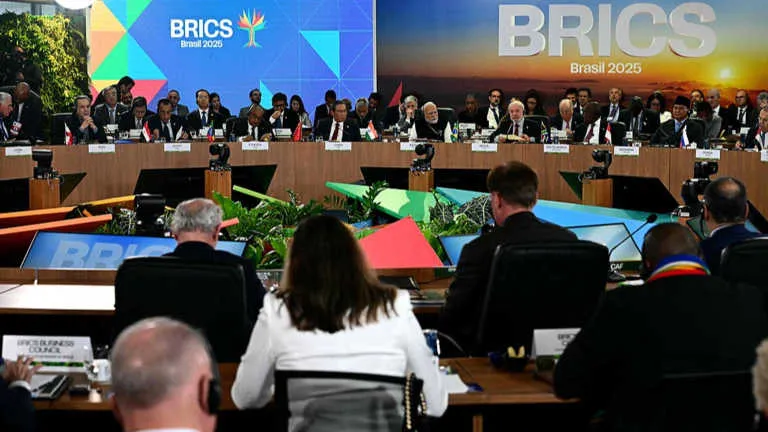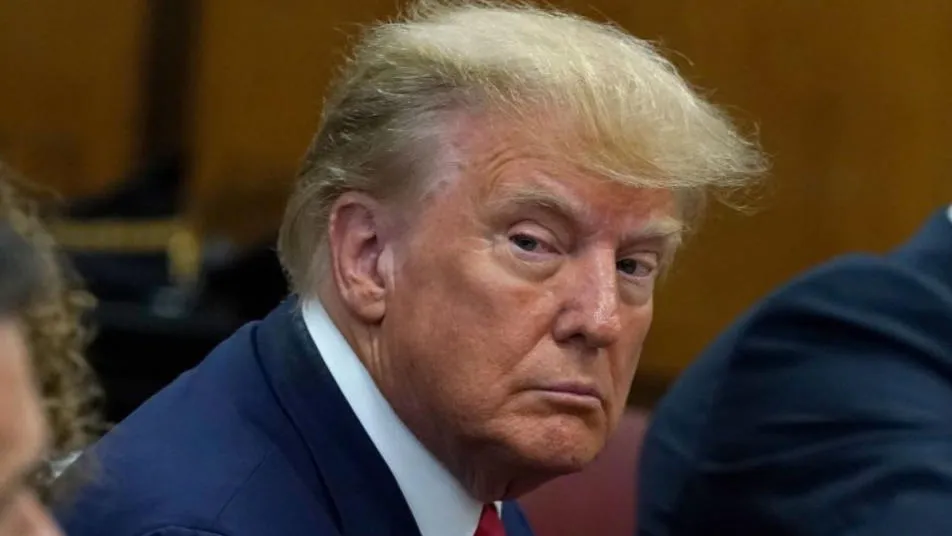Putin has finally weighed in on the explosive speculation swirling between Israel and the U.S. over the fate of Iran’s Supreme Leader Ayatollah Ali Khamenei.
As world leaders hint at regime change and military strikes, Putin’s sharp refusal to even discuss a possible assassination leaves global observers wondering how far tensions in the Middle East might escalate.
Assassination Talk Ignored
While Netanyahu speculated that military pressure could force regime change in Iran, Trump revealed that the U.S. knew Khamenei’s location but had no immediate plans to strike. When asked about a joint Israeli-U.S. attack on Khamenei, Putin replied, “I do not even want to discuss this possibility. I do not want to.” Pressed further, he refused to elaborate.
Head of European news at AFP asks Putin what he would do ‘if tomorrow, Israel KILLS’ Iran’s Supreme Leader Khamenei
Putin’s short reply: ‘I am not even going to discuss such a possibility’
-Slavyangrad pic.twitter.com/KRbx2lbWZs
— MARIA (@its_maria012) June 19, 2025
Speaking in St. Petersburg to senior editors, Putin said Iran’s population was uniting behind its leadership despite internal issues. He urged all parties to find solutions ensuring Iran’s right to peaceful nuclear power while safeguarding Israel’s security.
As Trump kept the world guessing about U.S. involvement in Israeli airstrikes on Iranian sites, many Iranians fled the capital amidst attacks. Putin confirmed ongoing talks with Trump and Netanyahu, sharing Moscow’s proposals to resolve the conflict while preserving Iran’s access to civil nuclear energy.
Putin Calls For Diplomacy
Questioned on regime change, Putin advised careful evaluation of goals before acting. He confirmed Iran’s underground uranium enrichment plants remained intact, stating, “These underground factories, they exist, nothing has happened to them.” Repeating his call for diplomacy, he said, “It seems to me that it would be right for everyone to look for ways to end hostilities and find ways for all parties to agree with each other.”
BREAKING: #PUTIN SAYS #IRAN’S UNDERGROUND FACILITIES ARE FULLY OPERATIONAL AND UNTOUCHED BY #ISRAELI AIRSTRIKES.
He said trust between #Russia and Iran is at an all-time high.
He said their relationship is very strong. #iranisraelwar pic.twitter.com/1g5Nz5MOGP
— Aazim manzoor (@Manzoor32306834) June 18, 2025
On military support, Putin clarified that the strategic partnership treaty excludes military cooperation and that Iran made no formal request. Russian Deputy Foreign Minister Sergei Ryabkov warned that any U.S. attack could destabilise the Middle East. The Russian Foreign Ministry also warned Israeli strikes risk triggering a nuclear catastrophe.
Putin said Israel assured Moscow its airstrikes would not endanger Russian specialists building new reactors at Iran’s Bushehr plant. He reaffirmed Russia’s offer to handle enriched uranium and supply nuclear fuel, saying, “It is possible to ensure Iran’s interests in peaceful nuclear energy. And at the same time, to address Israel’s concerns about its security.” Russia shared these proposals with the U.S., Israel, and Iran.

